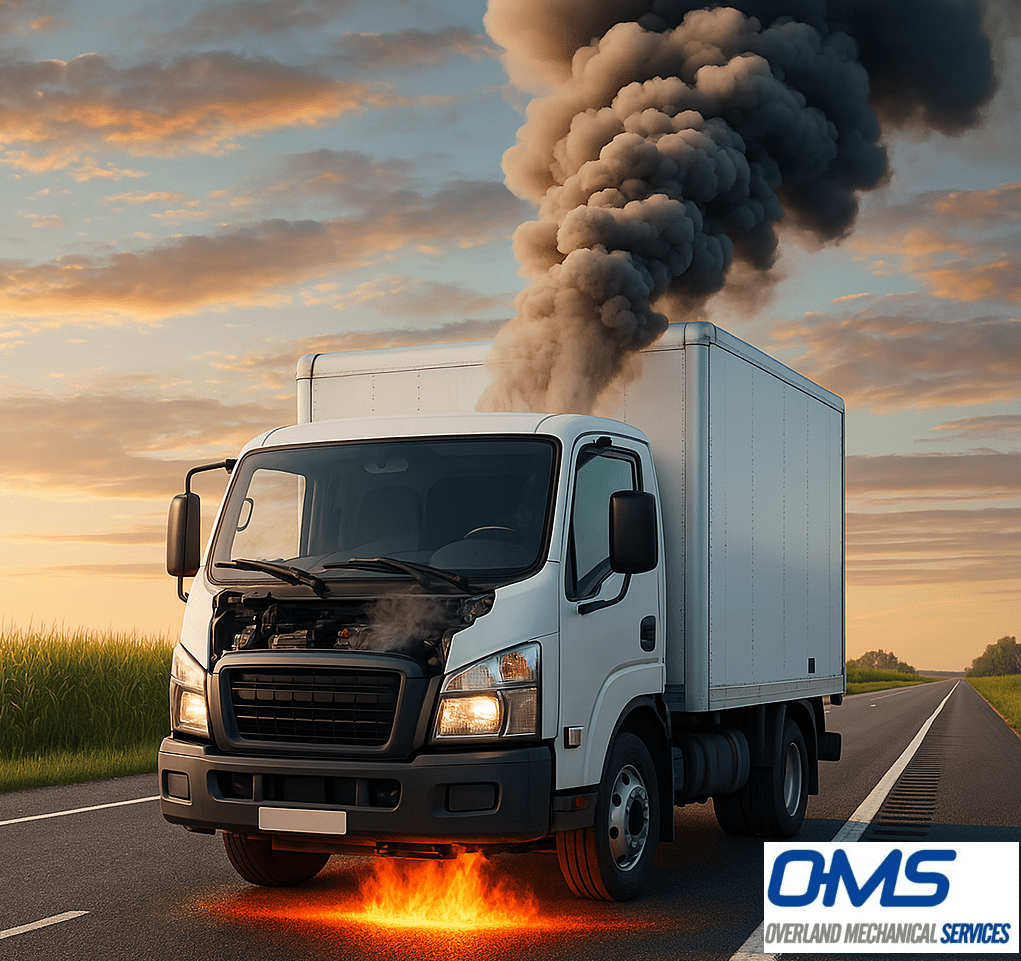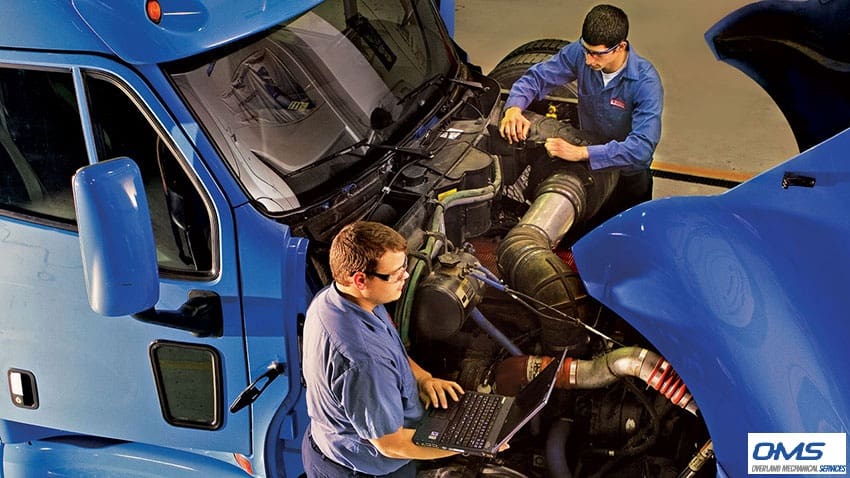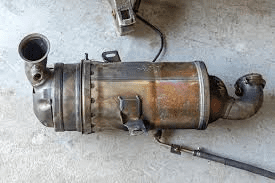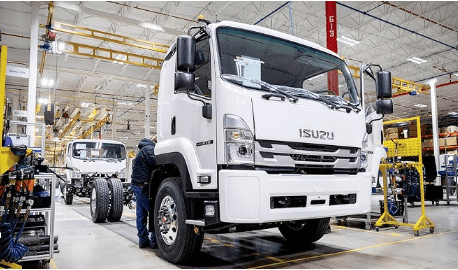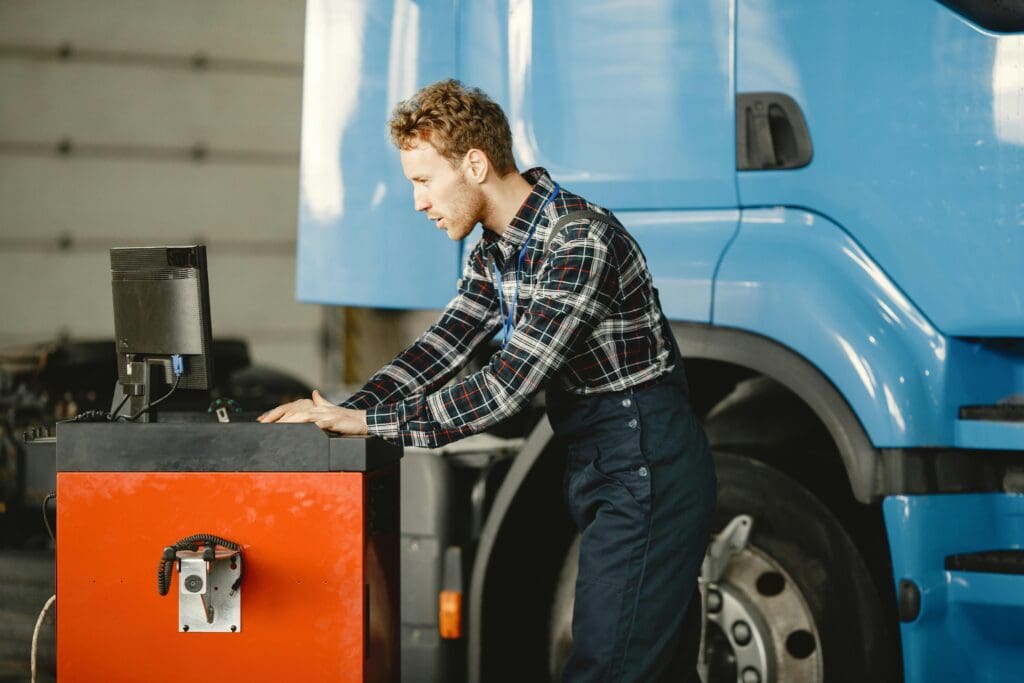Trucks are built for heavy-duty performance, whether they’re hauling cargo across long distances or navigating tough terrains. However, overheating is a common issue that can lead to costly repairs, breakdowns, and even engine failure. Understanding the causes of truck overheating and taking proactive maintenance steps can help keep your truck running smoothly and efficiently.
Common Causes of Truck Overheating
Dashboard warning lights are designed to alert drivers about the health and functionality of various components in their vehicles. These lights cover a range of systems, including the engine, brakes, transmission, and airbags. Some common warning lights you might see are:
1. Low or Leaking Coolant
Coolant (or antifreeze Blend) is essential for regulating engine temperature. If your truck’s coolant levels are low or there’s a leak in the cooling system, the engine can quickly overheat. Leaks can occur due to:
-
Cracked hoses
-
Damaged radiator
-
Faulty water pump
-
Worn-out seals
Regularly checking and topping up coolant levels can prevent overheating and ensure the cooling system functions properly.
2. Faulty Radiator
The radiator plays a key role in dissipating heat from the engine. If it’s clogged with debris, rust, or sediment, it won’t effectively cool the engine. Common radiator issues include:
-
Blocked or damaged cooling fins
-
Internal corrosion
-
Leaks that reduce cooling efficiency
Flushing the radiator and ensuring it’s free from blockages will help maintain optimal engine temperatures.
3. Broken or Worn-Out Water Pump
The water pump circulates coolant through the engine and radiator. If it fails, coolant won’t flow properly, causing the engine to overheat. Signs of a failing water pump include:
-
Coolant leaks near the front of the engine
-
Unusual noises (grinding or whining)
-
Steam from the radiator
Replacing a faulty water pump on time can prevent significant engine damage.
4. Malfunctioning Thermostat
The thermostat controls the flow of coolant based on engine temperature. If it gets stuck in the closed position, coolant won’t circulate, causing rapid overheating. Common symptoms include:
-
Fluctuating temperature gauge
-
Engine overheating soon after starting
-
Poor heater performance
If you suspect a thermostat issue, book an appointment and one of our mechanics can test and replace it if necessary.
5. Defective Cooling Fans
Cooling fans help regulate engine temperature, especially when driving at low speeds or in heavy traffic. If the fan is faulty, heat won’t dissipate effectively. This can be due to:
-
A broken fan motor
-
Damaged wiring
-
Faulty sensors
Checking the fan operation regularly can prevent overheating problems.
6. Engine Overload and Heavy Loads
Small trucks, like those used by couriers and tradies, may not travel long distances, but they often operate all day in stop-start traffic or while idling. This constant operation generates heat, and when combined with overloading, it puts extra strain on the engine and cooling system. Couriers frequently leave their trucks running while making deliveries, while tradies may overload their vehicles with tools and materials without considering weight limits. Both scenarios increase the risk of overheating, especially in urban traffic or during hot weather.
To prevent issues, drivers should follow manufacturer load limits, distribute weight evenly, and avoid unnecessary idling. Regular cooling system maintenance, including checking coolant levels and inspecting radiators, can also help prevent overheating and costly repairs.
7. Extreme Weather Conditions
Hot weather can make it harder for the cooling system to keep engine temperatures down, especially if combined with carrying or towing heavy loads or stop-and-go traffic. In summer, it’s crucial to ensure your cooling system is in top condition and that coolant levels are sufficient.
8. Oil Issues
Engine oil not only lubricates moving parts but also helps manage heat. Low or degraded oil can increase friction and cause overheating. Regular oil changes using the right grade of oil for your truck’s engine can prevent this.
How to Prevent Truck Overheating
Ignoring a warning light can turn a minor issue into a major repair. Here’s why timely diagnosis is critical:
To avoid the hassle and expense of overheating-related breakdowns, consider these preventive measures:
✅ Regular Coolant Checks: Ensure coolant levels are adequate and that there are no leaks in the system.
✅ Routine Radiator Maintenance: Flush the radiator periodically and keep it free from dirt and debris.
✅ Monitor Temperature Gauges: Pay attention to the temperature gauge and act quickly if it rises beyond normal levels.
✅ Inspect Hoses and Belts: Cracked or loose hoses and worn-out belts can impact coolant circulation, leading to overheating.
✅ Schedule Preventive Maintenance: Regular servicing by professional mechanics can catch potential issues before they escalate.
What to Do If Your Truck Overheats?
If your truck starts to overheat while driving, follow these steps to prevent serious damage:
-
Pull Over Safely: Turn off the engine and allow it to cool down.
-
Check Coolant Levels: If safe, inspect the coolant reservoir and refill if necessary.
-
Look for Leaks: Check under the truck for coolant leaks.
-
Avoid Opening the Radiator Cap: The system may be under high pressure and opening it while hot can cause burns.
-
Call a Mechanic: If the problem persists, make an appointment with us to diagnose and repair the issue
How Can Overland Mechanical Services Help?
Overheating is a serious issue that can lead to engine failure if not addressed promptly. By understanding the common causes—such as coolant leaks, faulty radiators, or heavy loads—you can take steps to prevent overheating and keep your truck running efficiently. Regular maintenance and early detection of cooling system problems are key to avoiding costly repairs and unexpected breakdowns.
At Overland Mechanical Services, we provide expert diagnostics and repairs for overheating issues. If your truck is experiencing temperature problems, contact us today for professional servicing and peace of mind on the road.
Contact Overland Mechanical Services or call us at (07) 3277 7550 for expert diagnostics and repairs. Stay safe and ensure your vehicle is ready for every journey.
